In general, patients with COPD are frequent health care users. As many as 12% of COPD patients have frequent exacerbations, which account for 60% to...
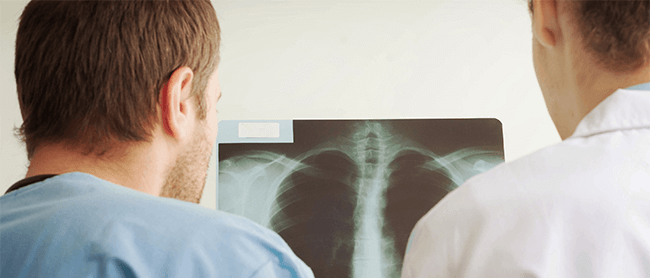

In general, patients with COPD are frequent health care users. As many as 12% of COPD patients have frequent exacerbations, which account for 60% to...
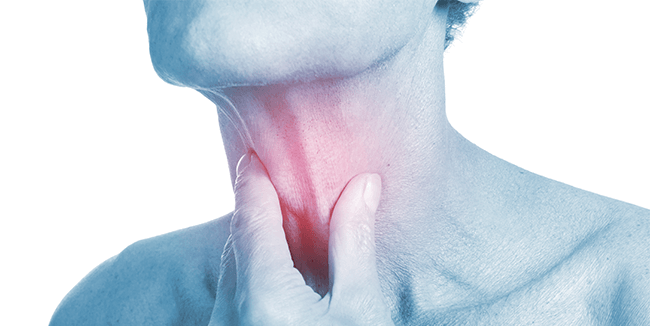
Traditionally, breathing, talking and swallowing have been considered separate entities that all just happened to take place at the same place – the...

Patients with heart failure have a number of health issues with which they must live. Many of them can make treatment more difficult and even...
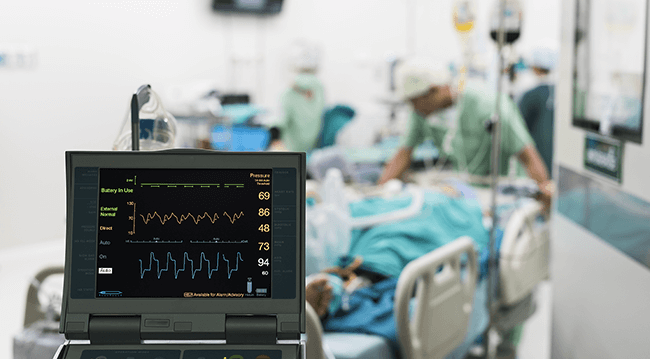
One of the issues people with chronic heart failure (CHF) face is that of low respiratory muscle strength. This reduced strength can lead to...
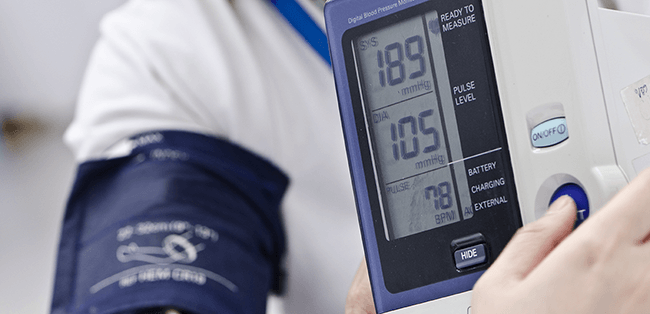
Inspiratory muscle training (IMT) was shown to reduce blood pressure in people with obstructive sleep apnea (OSA). The mechanism for this is...

One of the most serious physical complications one can experience is the stroke. The physical consequences of stroke can vary greatly, but 80% of...
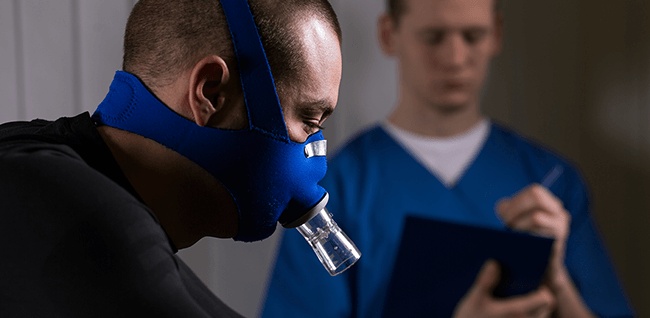
Postoperative pulmonary complications (PPC), including pneumonia, have not improved much despite advances in perioperative care and medical...

Postoperative pulmonary complications (PPCs) caused by injury are the leading cause of sickness and death after major cardiac or abdominal surgery....

Two of the most common issues that stroke patients experience are respiratory muscle weakness and impaired cough ability. Due to stroke-associated...

It’s no surprise that heart failure is a major health issue that has significant physical as well as financial implications. What you might not...